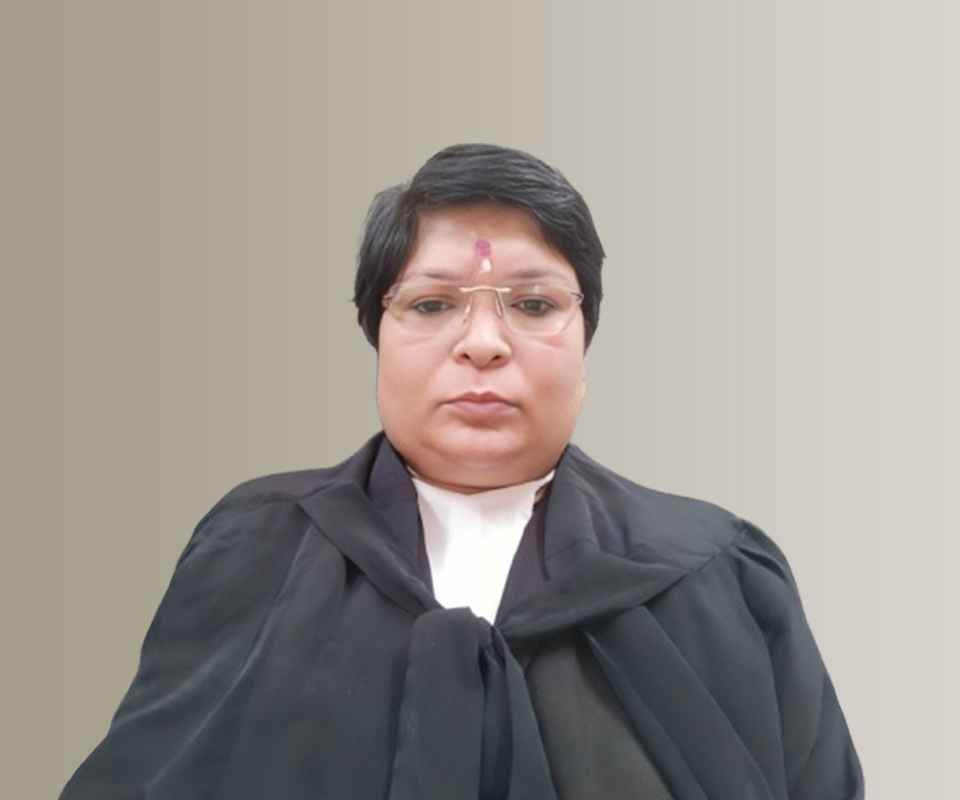Answer By law4u team
Accreditation ensures that a higher education institution meets minimum academic and administrative standards. In India, it is a legal requirement under various regulations, and only accredited institutions are considered eligible for government funding, degree granting, and public recognition.
Steps for Accreditation and Legal Compliance
Regulatory Framework:
Accreditation in India is governed by statutory bodies like:
- University Grants Commission (UGC) – for general universities.
- All India Council for Technical Education (AICTE) – for engineering, management, and technical colleges.
- National Assessment and Accreditation Council (NAAC) – evaluates universities and colleges for quality in education, infrastructure, teaching, and research.
- National Board of Accreditation (NBA) – grants accreditation to specific technical and professional programs.
Mandatory NAAC Accreditation:
As per UGC Regulations, 2012, every higher education institution must undergo NAAC accreditation. This became more stringent with the National Education Policy (NEP) 2020, making accreditation a must for autonomy and grants.
Eligibility Criteria:
Institutions must have:
- Minimum of two batches of graduated students.
- Approved programs from UGC/AICTE/other regulatory bodies.
- Proper infrastructure, faculty, and academic records.
Accreditation Process:
- Online Registration on NAAC/NBA portal.
- Submission of Self-Study Report (SSR).
- Peer Team Visit and evaluation.
- Award of grades (A++, A+, B, etc.).
Legal Requirement for Recognition:
Without accreditation, an institution may be denied recognition under UGC Act, 1956 Section 2(f) & 12(B).
Offering degrees without approval is illegal and may lead to closure or prosecution.
Legal Actions and Protections
Penalty for Unrecognized Institutions:
Running an unaccredited university may attract action under the UGC Act, 1956 and Indian Penal Code for cheating or fraud.
Student Protections:
Students from fake or unrecognized colleges may approach consumer courts, education tribunals, or file a writ petition for refund and justice.
Monitoring and Enforcement:
The Ministry of Education, UGC, and AICTE regularly publish lists of fake universities and issue show-cause notices to defaulting institutions.
Example
A private college in Uttar Pradesh was advertising MBA degrees without AICTE approval and no NAAC accreditation.
Several students filed complaints when their degrees were not recognized by employers or abroad.
Upon investigation, UGC declared the college unrecognized and recommended closure.
Affected students filed a case in the consumer court, which ordered the institute to refund fees with compensation, and UGC blacklisted the college.







